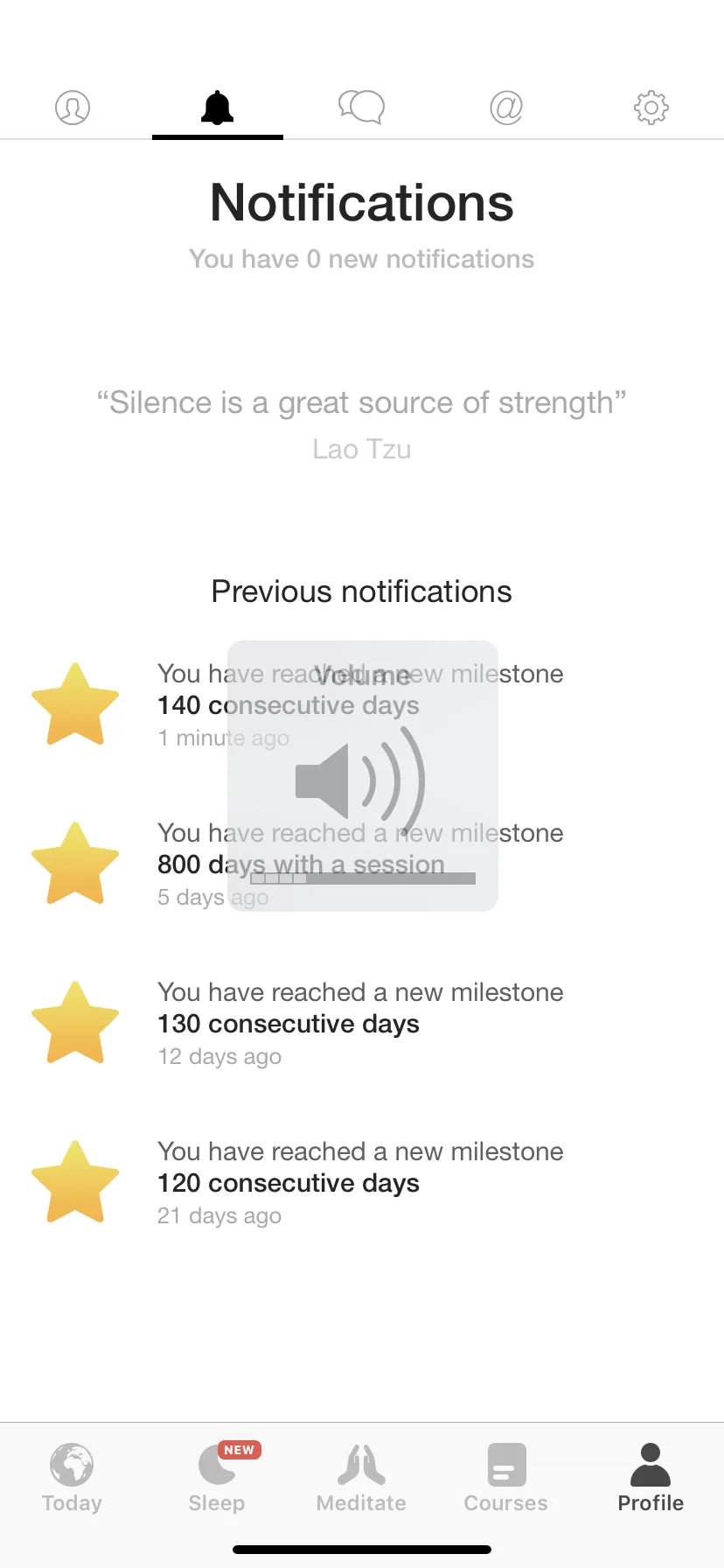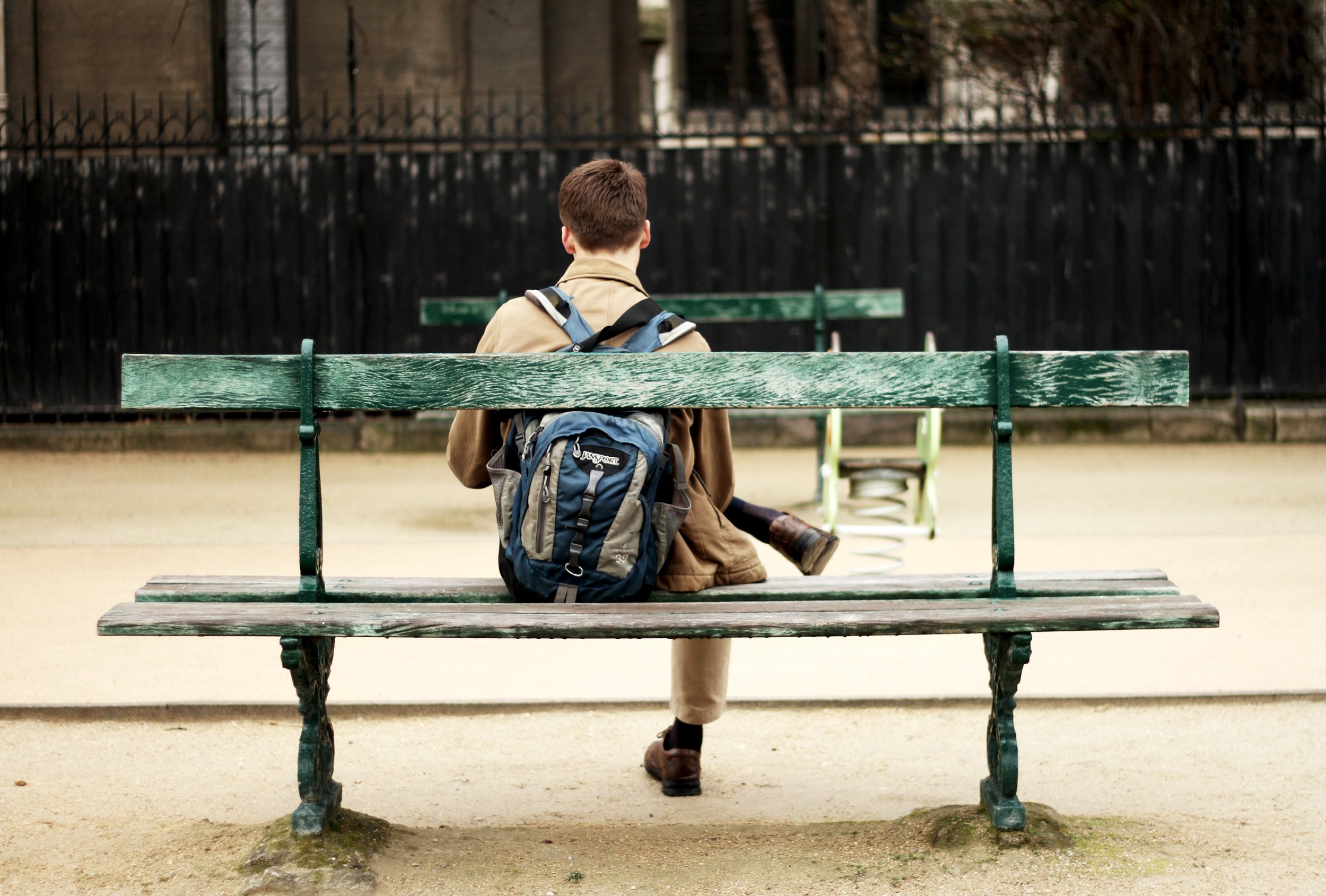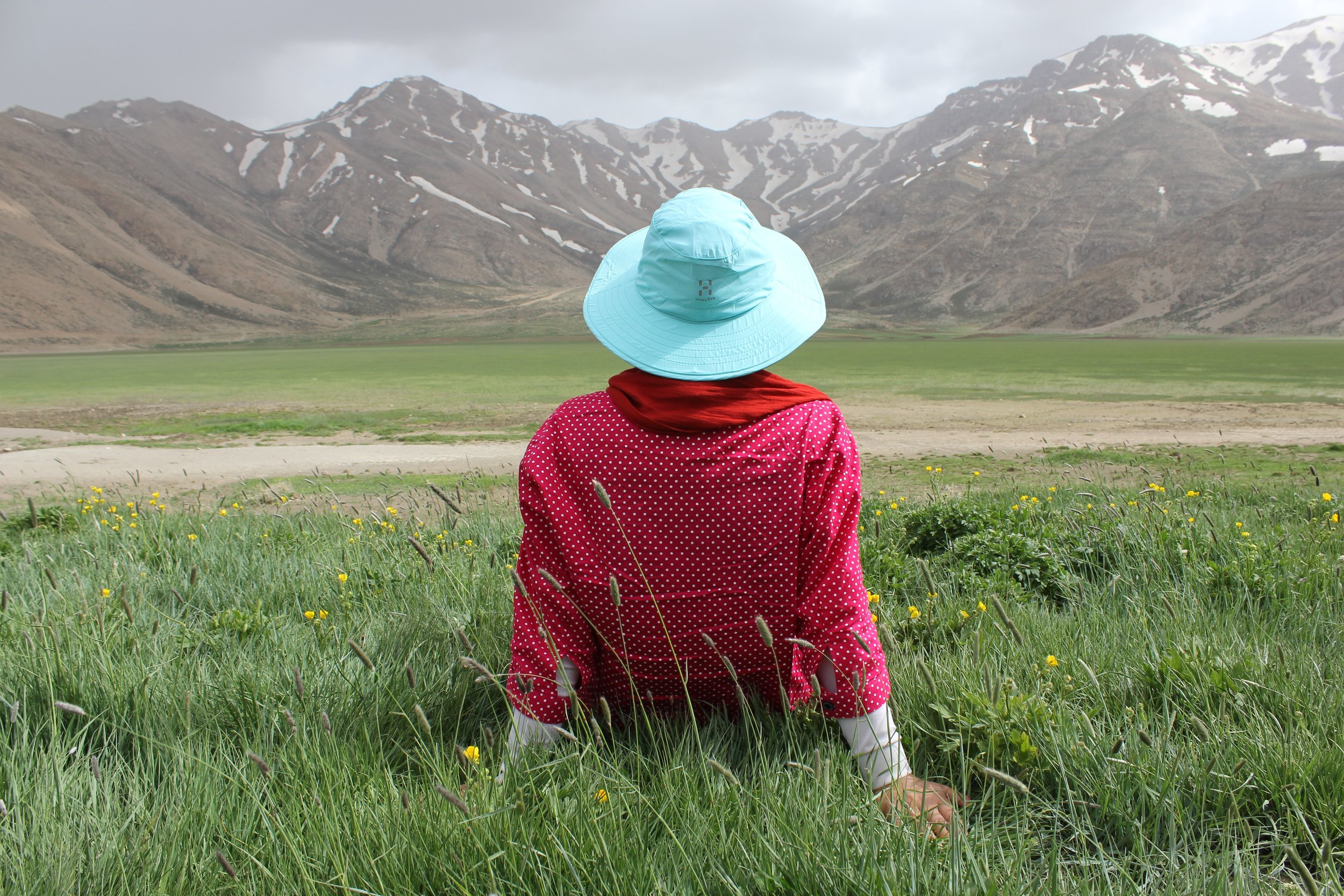Photo by Kal Visuals on Unsplash
In the course of 45 minutes, I received not one, but two, parent emails, concerned about what we were covering in class. Teaching a wellness class inevitably means we cover some controversial topics— gender, sexuality, sex— and so it did not come as surprise, but the one-two punch caught me off guard.
It’s always scary seeing a parent email in your inbox. Rarely do they contact you to tell you how pleased they are with the work you’re doing. Admittedly, 10 minutes before my first class was not the time to read them, but I did.
What I really surprised myself with this round of emails was that I didn’t immediately well up with tears. I didn’t immediately start the narrative, “Ugh. I hate this. I shouldn’t do this anymore. I’m just going to go and take a desk job and forget it.” I didn’t even get rip roaring defensive (the claws only came halfway out).
I found myself legitimately curious. What were these students experiencing in my class? How did I present that lesson on gender and how did it land? Were there any ways I could make sure to be more inclusive?
You all… I am making a big deal out of this because THIS IS HUGE FOR ME. I can’t tell you what this kind of questioning would have done to me even a few years ago. The wheel of self-flagellation, defensiveness, outrage, and shame would be whirring at full tilt. But not this time! Don’t get me wrong, there were momentary spikes of confusion and worry. But they were not all-consuming.
If we are able to access our most clear-headed self, we can bring the gift of curiosity to The Dreaded Parent Email. We can let go of protecting our ego and hear a concern. And we can see more clearly the pathway forward. The next Dreaded Parent Email that finds its way to your inbox, what if you ask yourself, “What can I learn here? How does my best self come to this situation? What would it look like to be compassionate in this situation?”




















